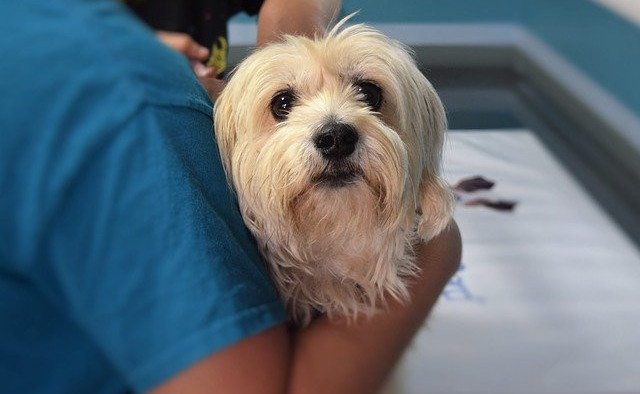Once a month or so, our practice gets a call from someone who wants me to euthanize a pet that I have never seen before. While the individual circumstances vary, the situation is always an emotional one, both for the pet’s guardians and for my staff and I.
Why is this different from other euthanasias? When I am only seeing an animal at the very end of their life, I wish that I could have had the opportunity to intervene, mitigate, or possibly even prevent the circumstances that led to euthanasia.
The End Makes Us Ponder The Beginning
These sorts of calls always remind me of the importance of preventive medicine. A veterinarian’s goal for any pet is to keep them healthy. We also strive to anticipate trends and issues that may become problems in the future.
What steps led to the call for euthanasia?
What might have been done differently?
Why has the guardian determined the only option is euthanasia?
Perhaps most importantly, what sort of quality of life did the pet have in the months and years prior to this?
The Most Important Thing I do
I briefly discussed the importance of regular physical exams in my Take Your Cat to the Vet article. Let’s delve a bit more deeply into this critically important topic, which applies to any sort of pet you might have, not just cats.
When you are bringing your pet to the veterinarian for a well pet visit, there is various information that you should be getting. How does your pet appear in general? Is their weight appropriate? Do the teeth look OK? Are there any abnormal findings on the physical exam? Is there anything different from the last exam? If you are not getting this information from your veterinarian, do not hesitate to ask.
A veterinarian strives to monitor the lifestyle, development and general health of your pet throughout their entire life. Many of the problems we commonly see are directly correlated with how the owner feeds and cares for their pet.
It’s All About Prevention
Apart from attempting to prevent health problems through things such as diet, exercise and dental care, veterinarians use other familiar tools to keep pets healthy.
One goal is to prevent and treat internal and external parasites. Since many of these parasites can affect or infect people as well, this is an added benefit of parasite prevention.
Vaccines for infectious diseases are not a new thing, but creating a vaccine schedule tailored to each pet’s individual needs is becoming the standard of care. A strictly indoor cat or a geriatric dog that barely leaves the house should not have the same vaccination protocol as a cat that hunts outdoors or a dog that goes to the beach and the dog park. Vaccines provide varying duration of immunity, so you need to coordinate with your veterinarian what vaccines your pet should be getting and how often they should be given. You and your veterinarian should be paying attention to how many vaccines are given at one visit as well.
Get That Exam
Your pet should have a thorough head to tail physical exam by your veterinarian at least once a year. Since dogs and cats age at a quicker rate than humans, this is not actually that frequent for an animal that is geriatric by the time they are ten years old. Many pets with medical conditions should be seen by their veterinarian more frequently than annually. Your vet is trained to pick up on various aspects of a pet’s health that may not be apparent to you.
Dogs, cats and many other types of animals are quite stoic compared to people. Subtle, or even not-so-subtle conditions may not become apparent to you until they are severe.
It is extremely frequent that I tell pet guardians something about their pet that they did not already know. Often these will be things that affect a pet’s duration and quality of life.
Strive For The Best For Your Pet
Whether your pet’s life ends with euthanasia, you and your veterinarian should work together toward a plan that allows for maximum quality of life in addition to longevity for your pet. Problems are always best identified and addressed early, rather than waiting until obvious or severe symptoms occur.
